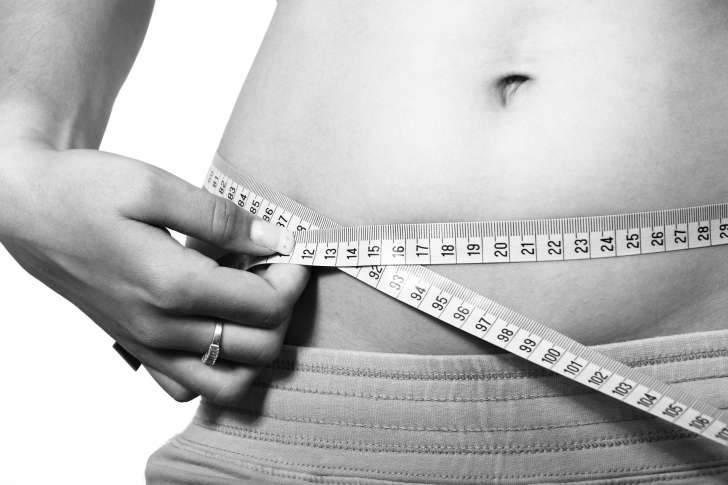It has become common knowledge that in this 21st century our society is battling rising rates of obesity. Over the years there have been huge amounts of research that links higher obesity rates with chronic diseases such as diabetes, cardiovascular disease, stroke, cancer and… the list is endless.
However it is less commonly known that being overweight and carrying even a little bit more weight than we should can be linked to experiencing pain.
How Does Being Overweight Cause Pain?
The amount of weight we pack on hugely influences the joints and tissues within our body. As obesity levels rise, so does the number of joint replacement surgeries being performed; is there a link? The more weight we carry, the more our joints and tissues have to withstand and the more wear and tear we place on them.
A great analogy is this:
Imagine if we are a car, our tyres are our tissues and the body of the car is our joints, now the car will drive perfectly with the prescribed weight restrictions, however imagine if we were now to put more weight into and on top of the car.
Imagine what would happen to the tyres and structure of the car?
Over time if you slowly add more weight onto the car, the car may be able to withstand it to some degree, however the more you add on the more the tyres and structure have to change to adapt to the new stress.
Just think of that now with your body and increased weight!
There is now a growing body of research looking at the relationship between increased weight and peoples’ pain levels. In a more recent study, a direct link between obesity and inflammation was found.
Fat tissues produce inflammatory chemicals that spread throughout the body. Unfortunately our nerves do not respond well to these chemicals, and this can lead to an increase in perceived pain levels. Research also suggests that people who are overweight may always have a higher level of low-grade inflammatory chemicals floating throughout their body, causing prolonged pain.
How Much Weight Do I Need To Lose?
It is unclear exactly how much weight loss is required for people to have a decrease in pain levels, as this is individual to each person. However, there have been some sound research studies released which suggest that weight loss of 5-10% is enough to produce a significant reduction in pain for people suffering from hip/knee issues. The research also showed that people who gained 5-10% extra weight also reported higher pain levels.
Losing weight has been shown to be effective in managing pain levels; however, it is important to lose weight safely. Don’t rush into strict diets or ridiculous exercise programs, start slow and be consistent.
How Do I Lose Weight?
There are loads of effective ways to lose weight. However, the biggest game changer is increasing your exercise levels and changing your diet. There are plenty of diets out there promoting fast weight loss. Some may give results quickly, however after stopping individuals usually pack the weight back on.
It is important to have balance. If you never exercise, there is no way going to the gym five times per week is going to be effective for you – especially if you experience pain. Start small and slowly increase as you become fitter.

With diet, start by incorporating more nutritious foods and removing fast food, as well as sugary / alcoholic beverages. Also watch your portion control!
If you are having difficulty with losing weight, speak to a professional. A consultation with your doctor or dietician can be helpful with respect to nutrition. If you want to start exercising again, speak to a physiotherapist or exercise physiologist about developing a custom exercise program tailored to your needs.
Read more about our Personal Training Service

